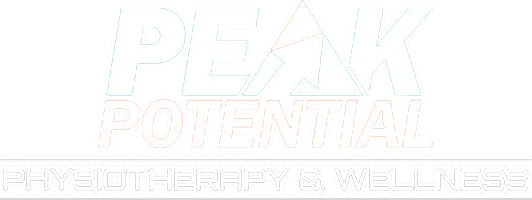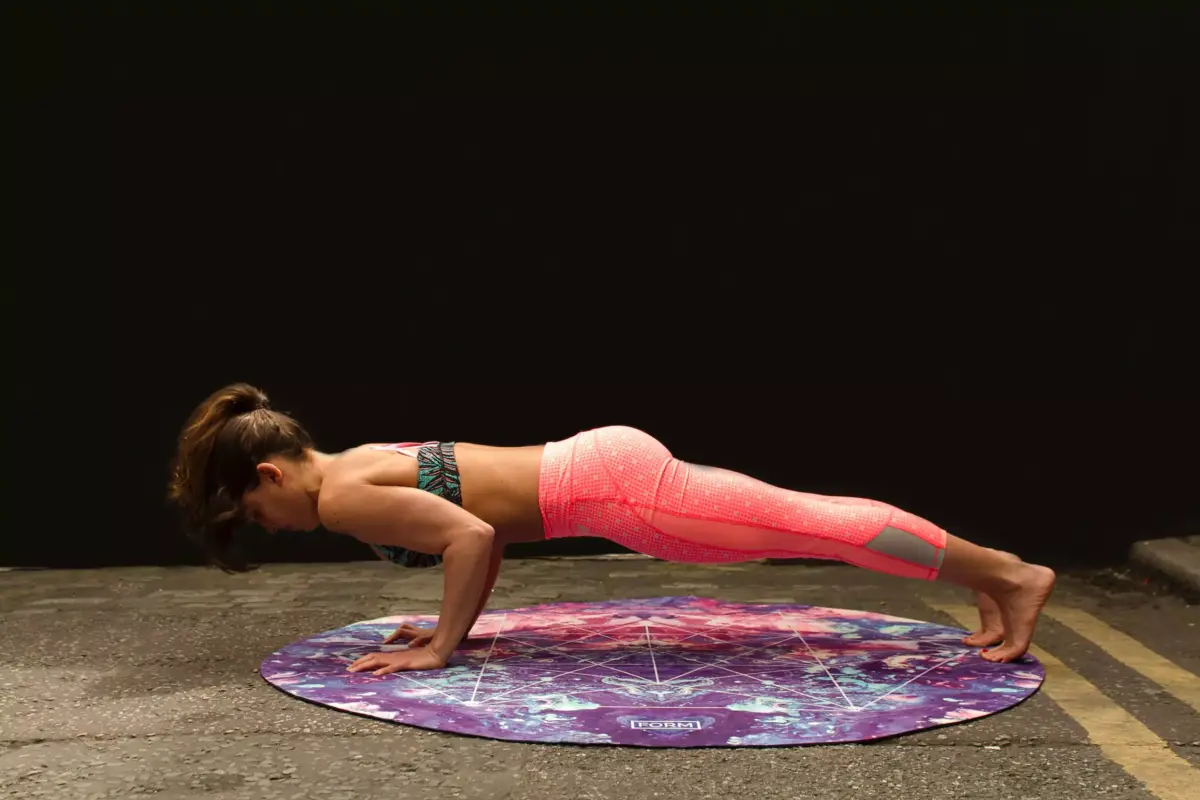The biceps may get more attention at the gym, but your core muscles are actually much more important when it comes to reaching your fitness goals. This muscle group occupies the area across your low back, stomach, pelvis, and hips. We use them almost constantly as we go through our day to lift, twist, reach, and bend.
Unfortunately, weak core muscles are very common and affect a large percentage of our clients. A sure sign is if you are hitting the gym and not meeting your fitness goals . . . unable to slim down the post-baby belly, fighting against a beer belly, or battling the bra bulge.
In fact, the “ab” work you’re doing at the gym may be making your problems worse instead of actually improving the strength of your core. So if you have been working hard and still not seeing results, your core may be to blame. Here are 7 signs your core is weak:
1. Your Belly Pooches
If a bulge forms on your stomach as you attempt core or abdominal exercises you have weakness in your Transversus Abdominis muscle. This deep muscle stabilizes the spine and pelvis and will flatten as you contract your core to plank or crunch when it is strong.
2. Slumped Posture
Your stomach and low back muscles work together to hold your spine upright. If they are weak, your body will be unstable as your muscles fatigue quickly. The result . . . you habitually slouch after a short period of sitting or standing.
3. Poor Balance
Your stabilizing core muscles allow your body to balance. Check your balance by standing on one foot with arms crossed. You should be able to stand on each leg for 30 seconds, or it’s a sign your core is underdeveloped.
4. Leaks During Exercise
The pelvic floor muscles are part of your core. They stabilize the pelvis and prevent bladder leaks. When you run, jump, Zumba, or lift weights, even the smallest amount of bladder leakage is a sign core muscles aren’t activating properly. This isn’t normal . . . even after having a baby!
5. Back Pain
This one is so common, we see if everyday! If the muscles surrounding the spine are weak, the vertebra and disks won’t be properly supported. In addition, when abdominal muscles are weak, the back muscles have to work overtime to hold you up commonly resulting in muscle spasms.
Can you relate to any of these?
It’s frustrating to many active adults trying to “get in shape” and trying to do “all the right things” in the gym. The fact is, just because your doing Swiss Ball exercises or can “plank” for 60 seconds doesn’t mean you have a strong core.
It is easy to compensate with other trunk muscles in order to hold these positions. If you have poor form or no sense of how to connect with your deeper core muscles (hiding underneath those six pack abs) you will not get any added benefit from being on top of that ball.
Why is this even important?
Well, the core muscles activate together before any movement to stabilize your center. They create an anchor for all the movement you do whether exercising or doing everyday activities. A strong anchor promotes correct motion and form to maximize strength, tone, and prevent injury. Your muscles will perform at their best and you will even look your best.
For more information on staying active, maintaining a strong core, and keeping your back free from pain, download our FREE Report “7 Solutions to End Low Back Pain” without medication, injections, special tests, or referrals. Just click the link below:


